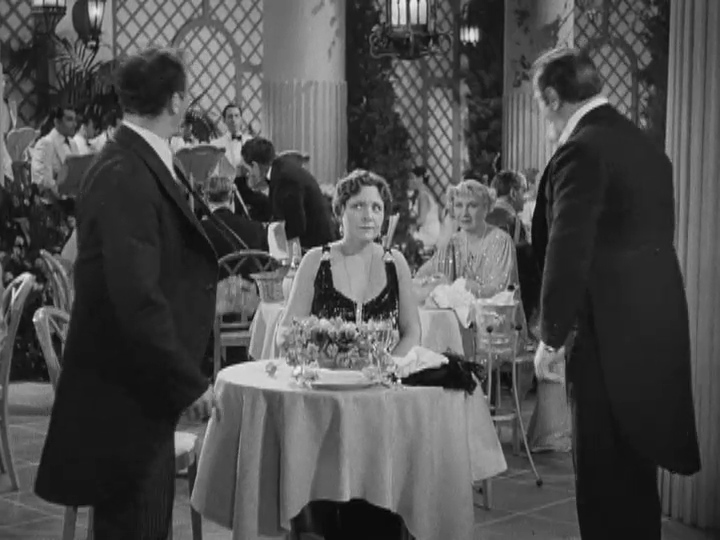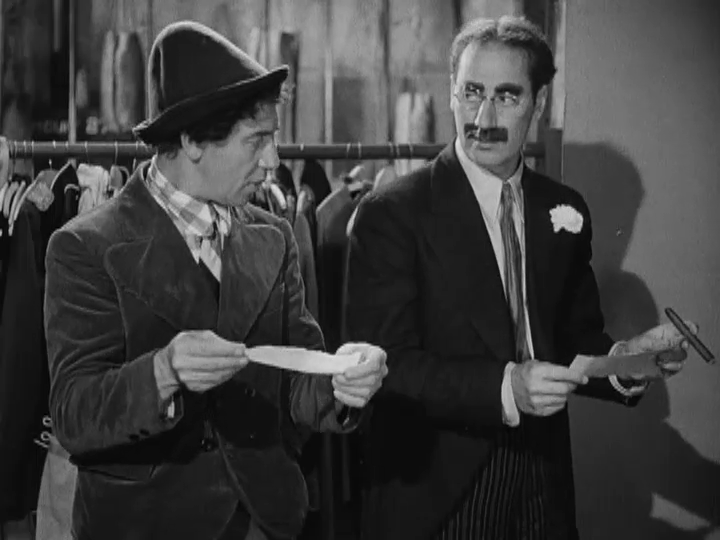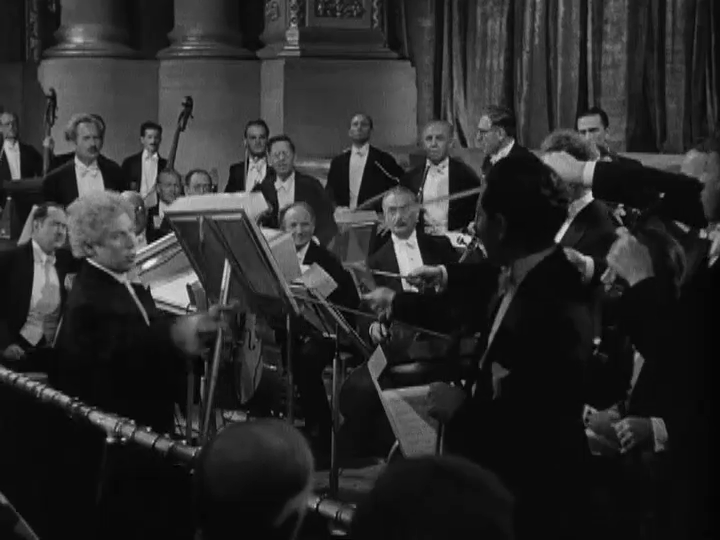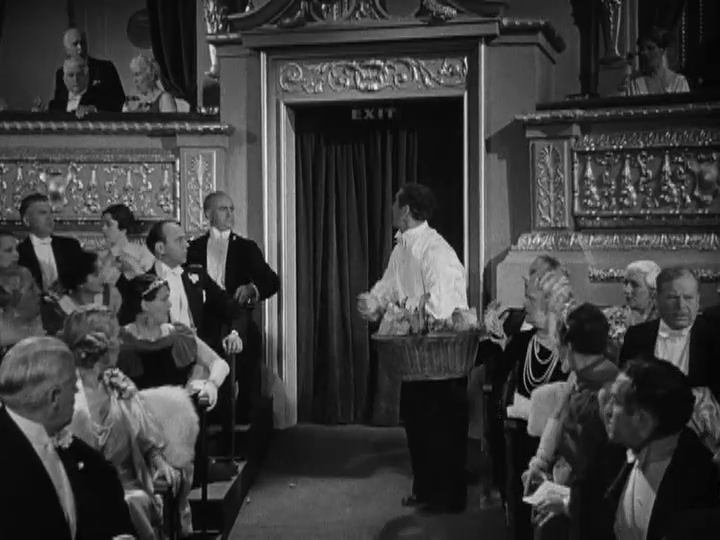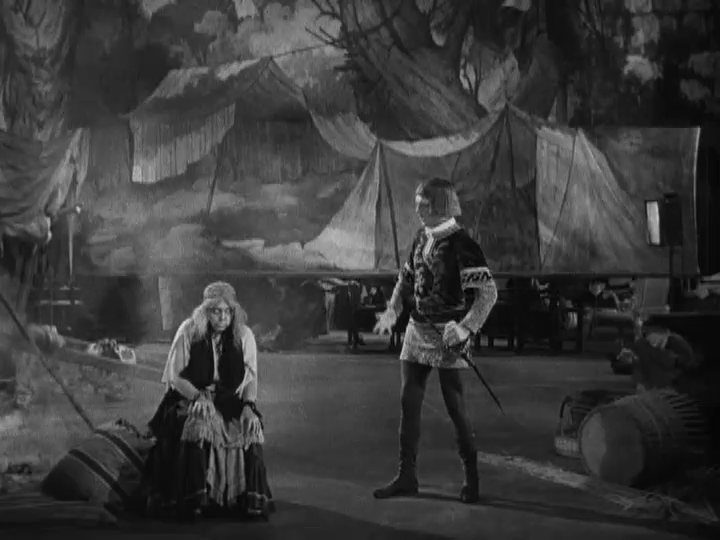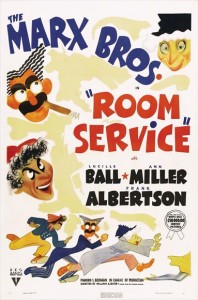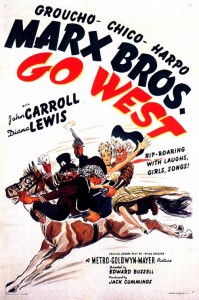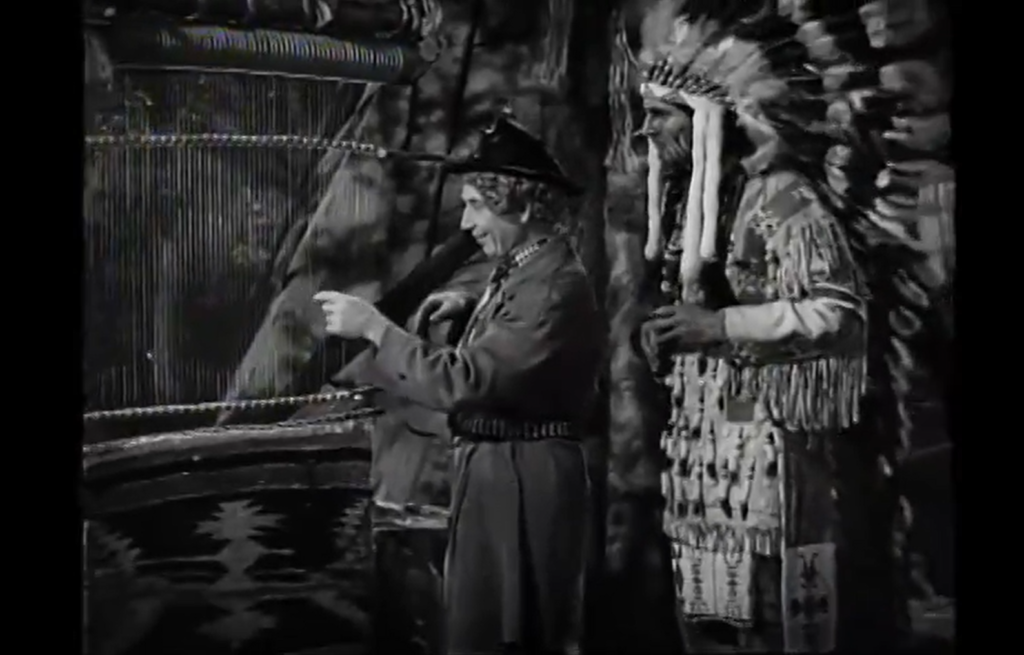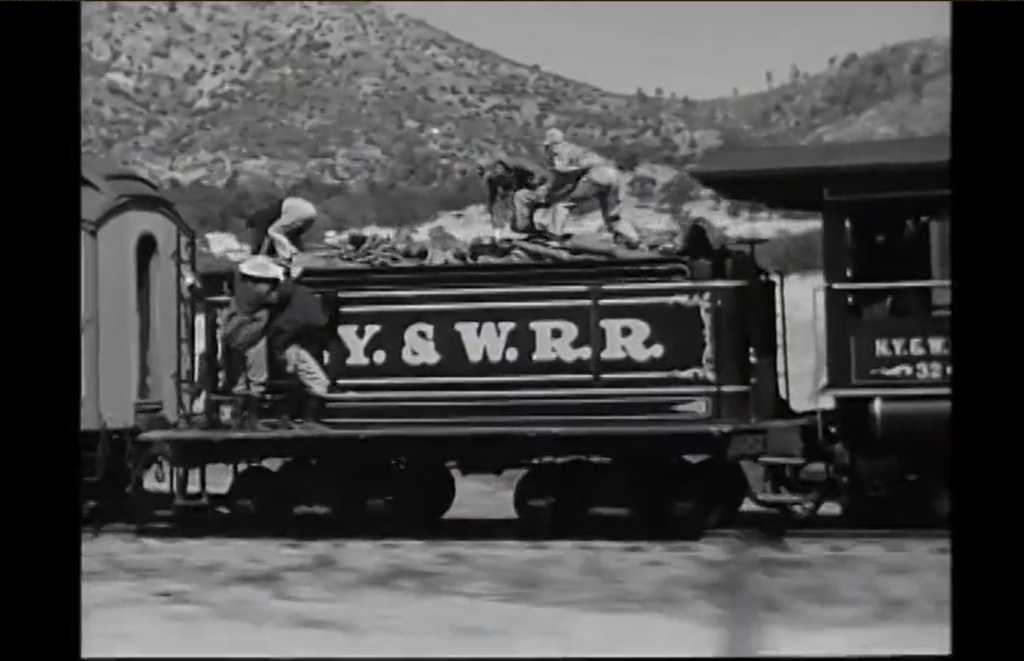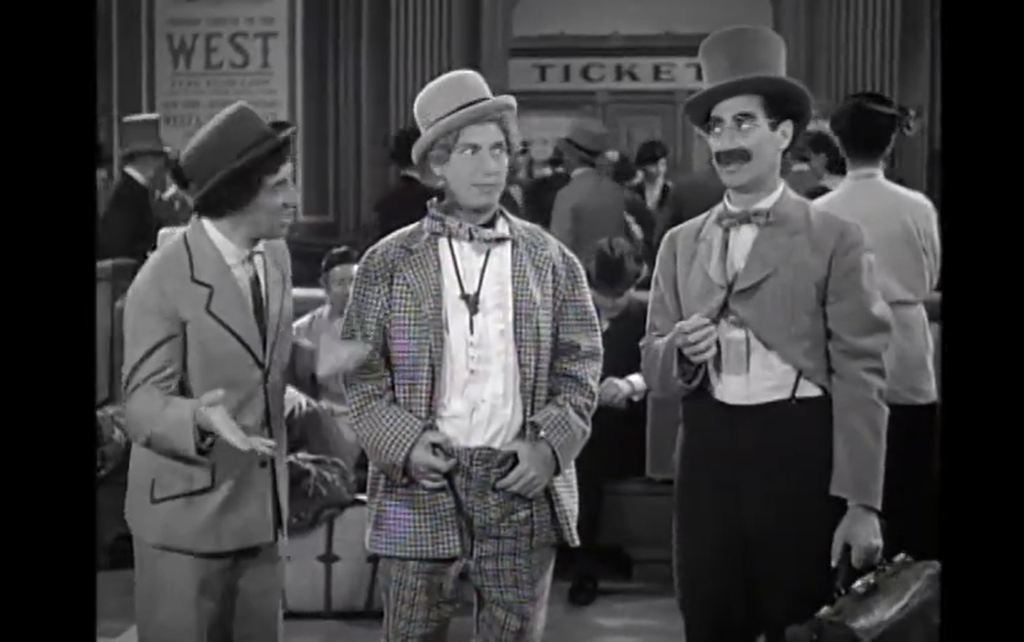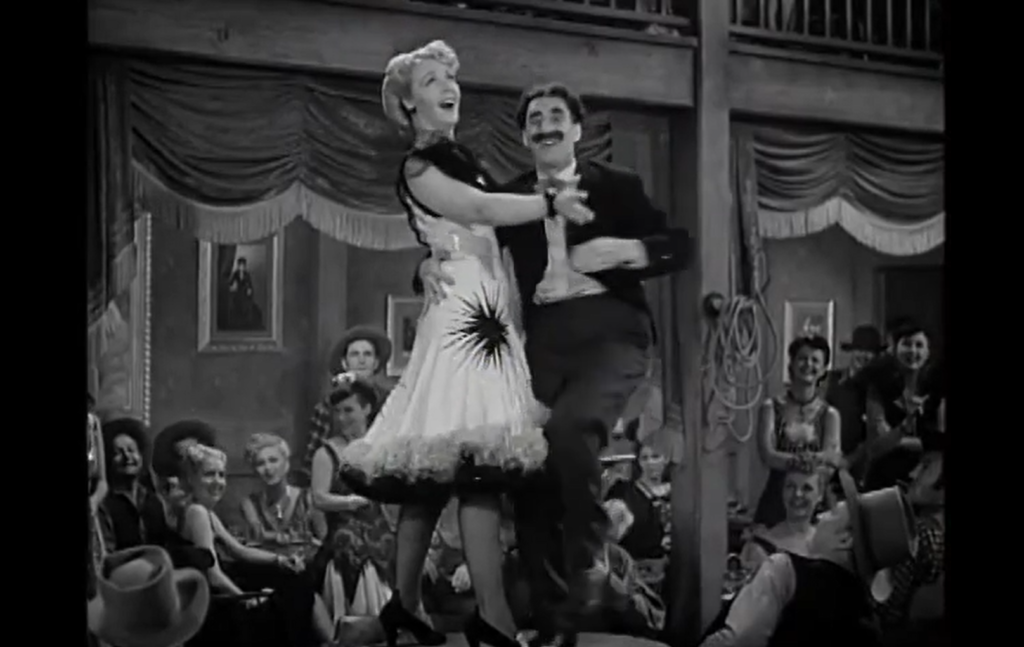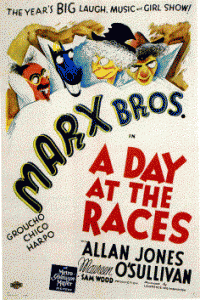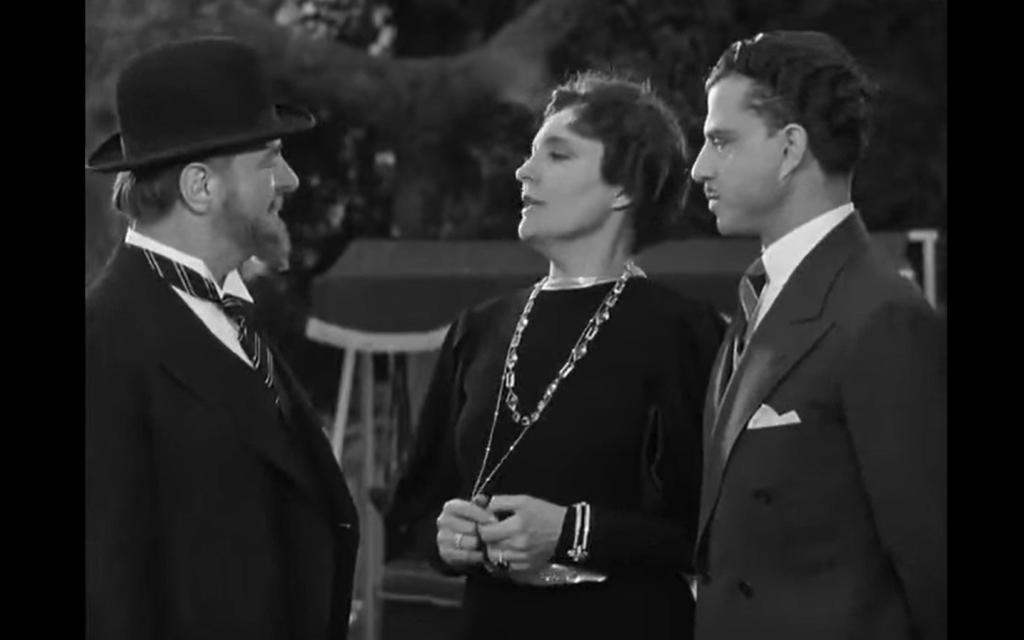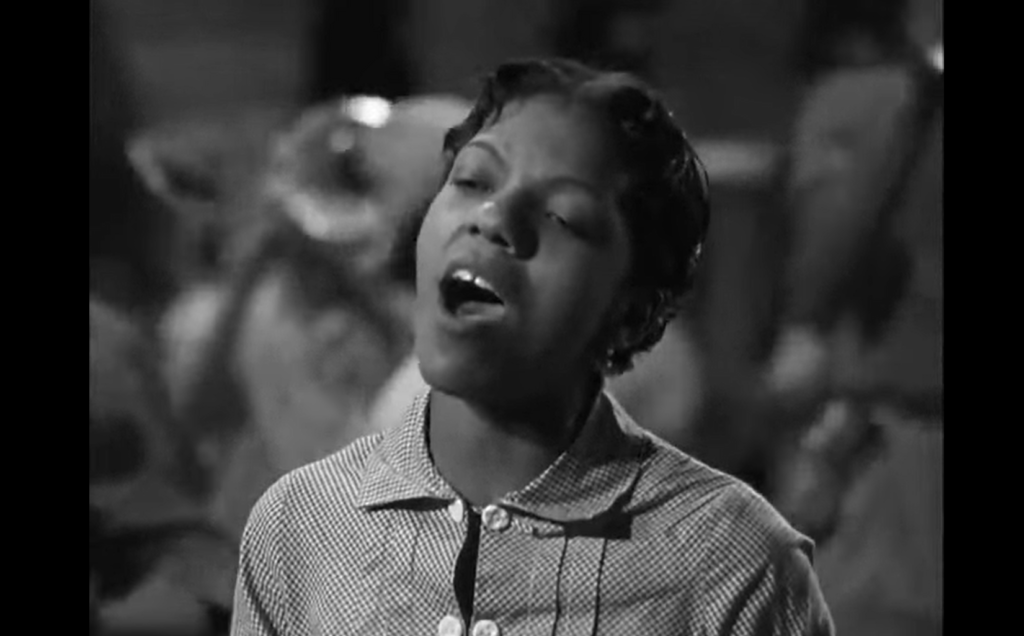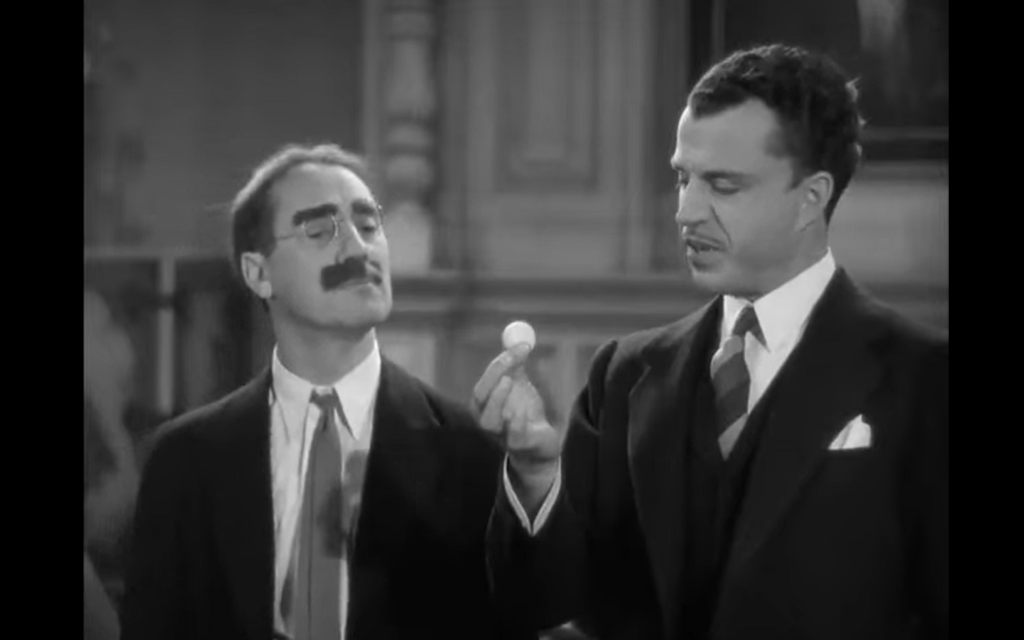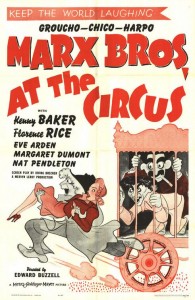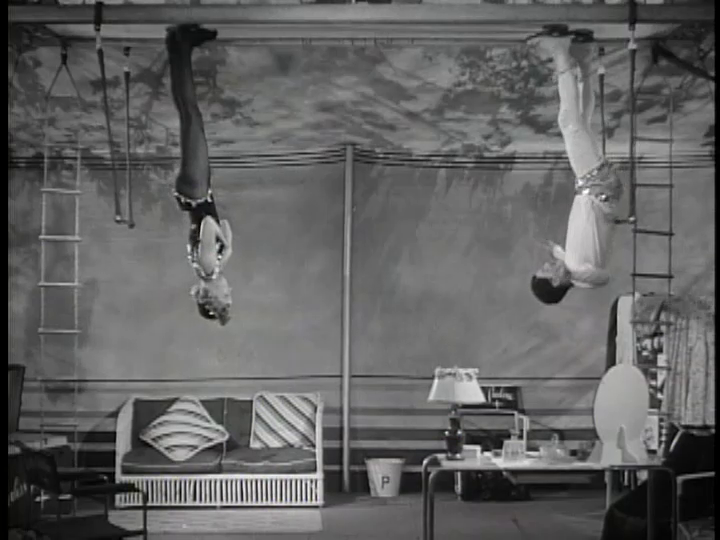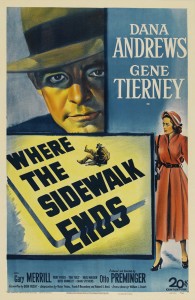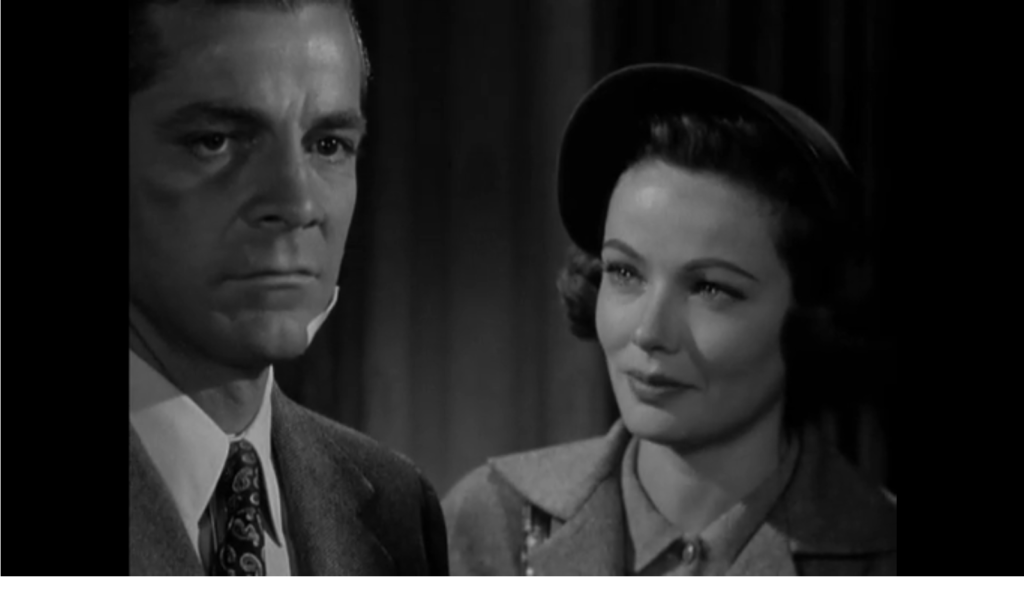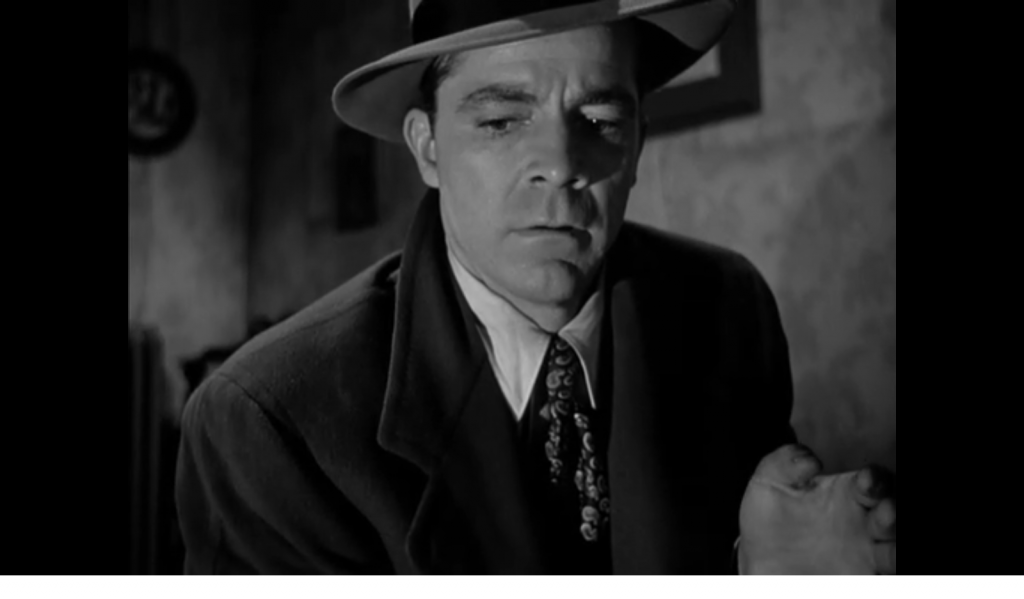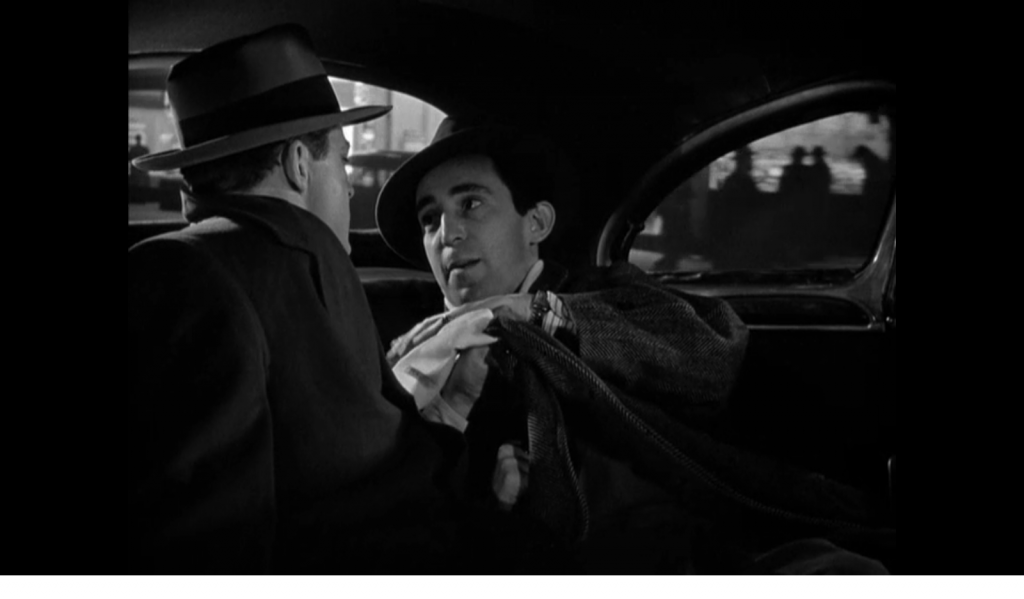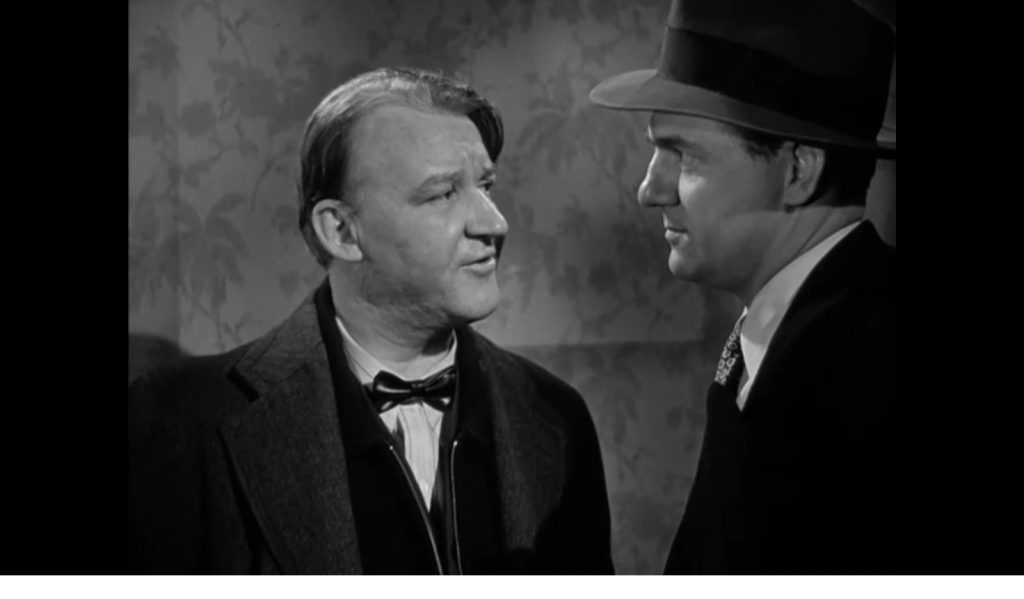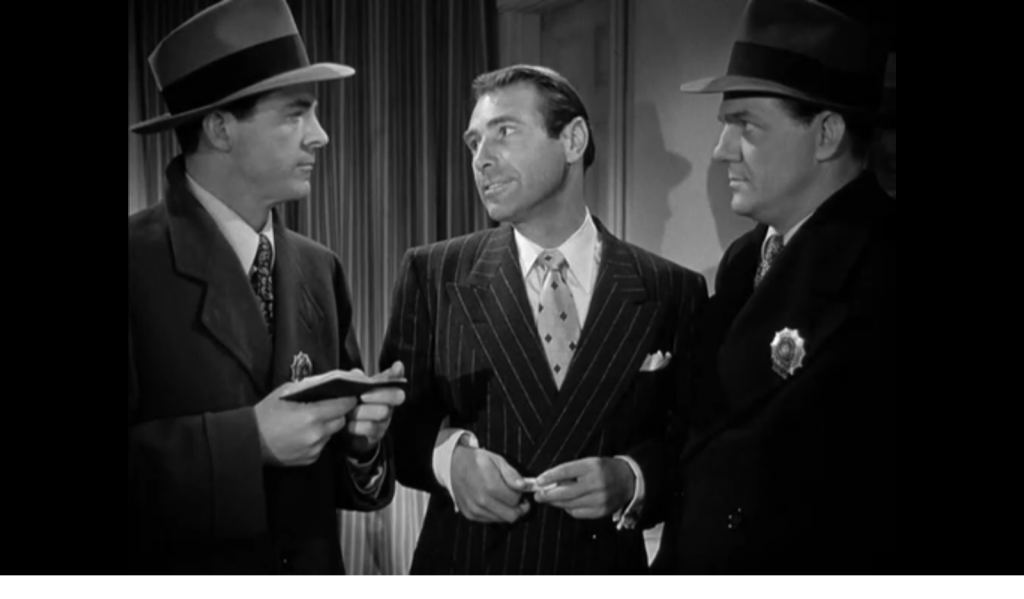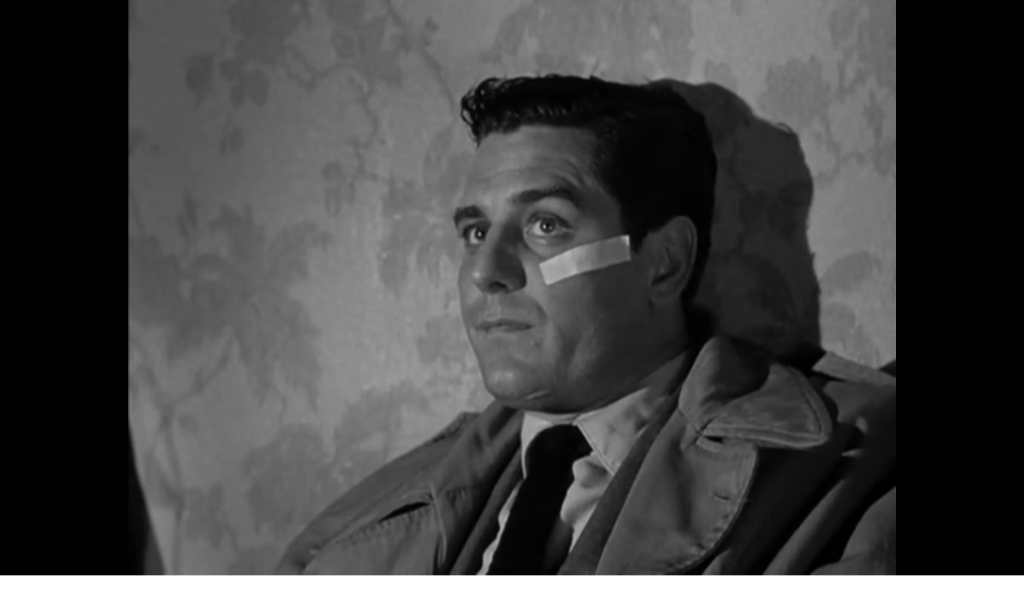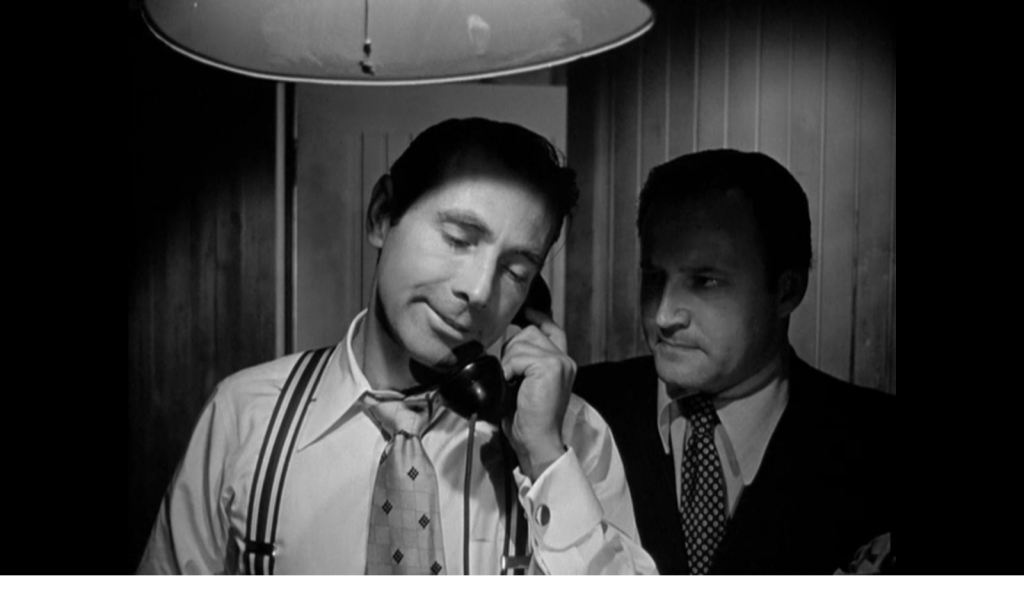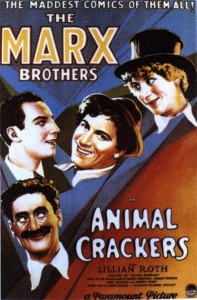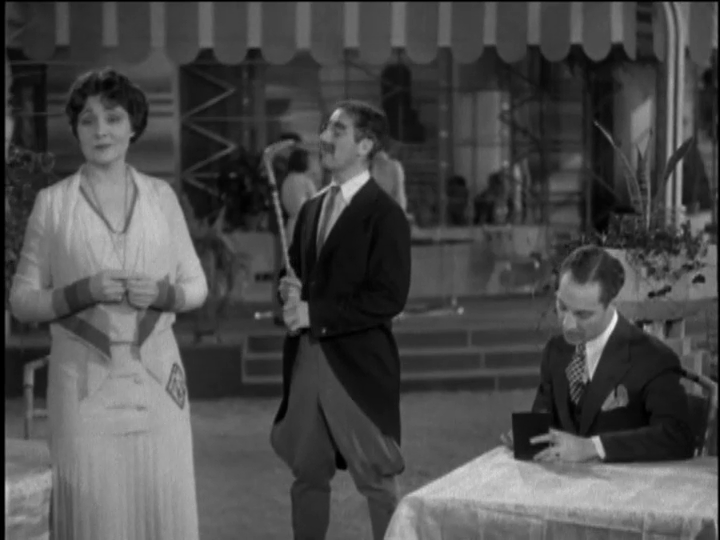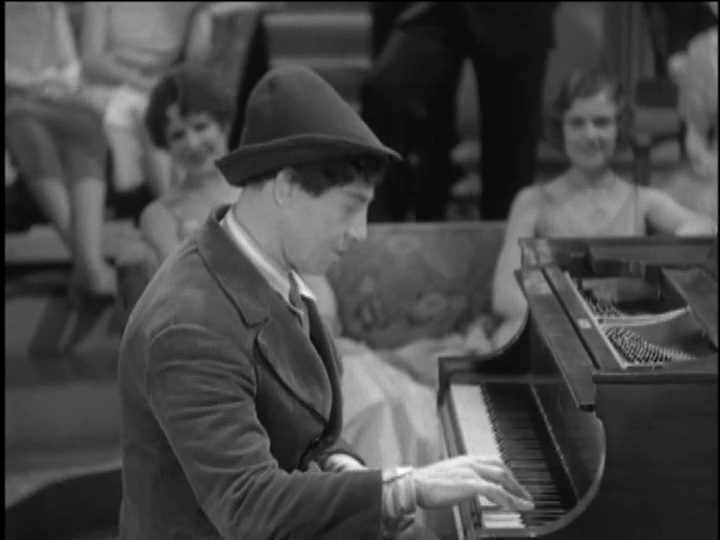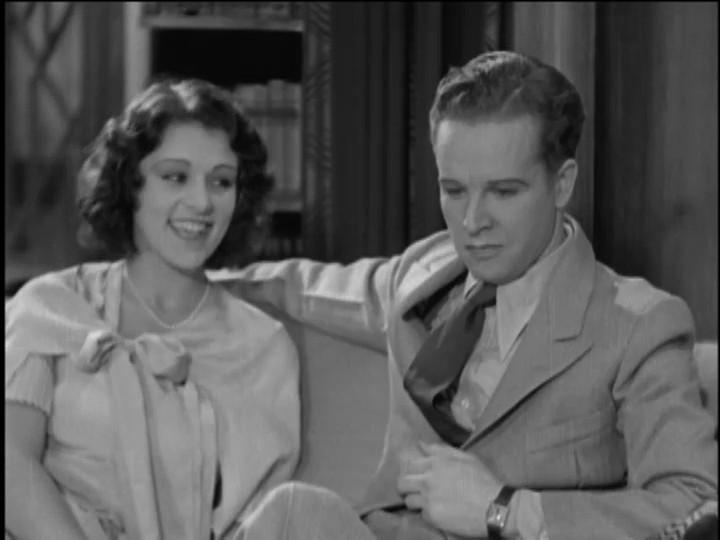|
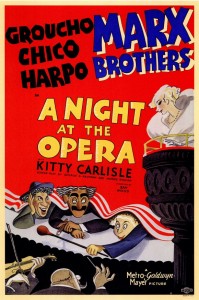
Synopsis:
A huckster (Groucho Marx) hired by a would-be socialite (Margaret Dumont) to help her enter high society convinces her to invest $200,000 in an opera production, whose snooty manager (Sig Ruman) hires an arrogant opera star (Walter Woolf King) as his lead singer. Meanwhile, a talented tenor (Allan Jones) in love with the singer (Kitty Carlisle) coveted by King strives for his big break, helped by Chico and Harpo Marx.
|
|
Genres, Themes, Actors, and Directors:
- Comedy
- Let’s-Put-On-a-Show
- Marx Brothers Films
- Opera
- Sam Wood Films
Response to Peary’s Review:
Peary argues that this “most famous and popular film” by the Marx Brothers “isn’t on the level of Duck Soup (few comedies are) but is still a comic masterpiece”; however, I’ll admit I’m one of those who actually prefer this more narratively-driven outing (indeed, it’s probably my favorite of their entire oeuvre). Peary notes that “while the individual comedy scenes are as zany as anything in the Marx Brothers'” output, “the overall picture is more structured”, and — thanks in large part to the assistance of Irving Thalberg, who was hoping to help the brothers reach a more mainstream audience — “the storyline makes more sense”. He calls out some of the film’s “many hilarious sequences”, starting with the classic “opening in which Groucho explains to Dumont that he’d kept her waiting for two hours in a restaurant because he was dining at the next table with a woman who reminded him of her”. (This scene — which was originally preceded by a three-minute musical number on the streets of Italy — always has me immediately in stitches; what a wham-bam start to the film!) He goes on to list, among others, the scene in which “Groucho and Chico agree on a contract by ripping it to shreds” (equally hilarious); the film’s “most famous scene” (in which “everyone imaginable crowds into Groucho’s tiny stateroom”); and the classic “opera finale”, during which true Marxian mayhem ensues.
Having seen this classic several times now, I only have minor complaints to register. While the first half of the film offers practically non-stop merriment (this is where the majority of the best scenes occur), the second half is less laugh-out-loud hilarious. Meanwhile, Dumont’s archetypical foil has been better served elsewhere; other than the wonderful opening sequence, she doesn’t really get enough of a chance to interact with Groucho, and she far too quickly becomes unsympathetic. Finally, the entire subplot between Carlisle, Jones, and King is (naturally) rather pedestrian, and definitely slows down the comedic pacing — though it could be argued that this helps to space out the comedic mayhem. A final note: now that I’ve finished reviewing all the Marx Brothers films in Peary’s book, I must admit that I don’t think I’ve ever had a harder time succinctly synopsizing the plots of a given set of “narratives” — in part, I think, because the characters played by the three brothers don’t really possess discrete titles or roles. I mean, what type of livelihood would you assign to any of them here? Groucho comes closest to being able to draft a resume, as a sort of “high society agent”, but how exactly would you label Chico or Harpo’s roles (here and in other films), other than “friendly assistants”? Indeed, it seems that they always managed to maintain their anarchical “otherness” even in the midst of supposed societal sanity.
Redeeming Qualities and Moments:
Must See?
Yes, as a genuine comedy classic. Nominated by Peary as one of the Best Films of the Year in his Alternate Oscars.
Categories
(Listed in 1001 Movies You Must See Before You Die)
Links:
|

